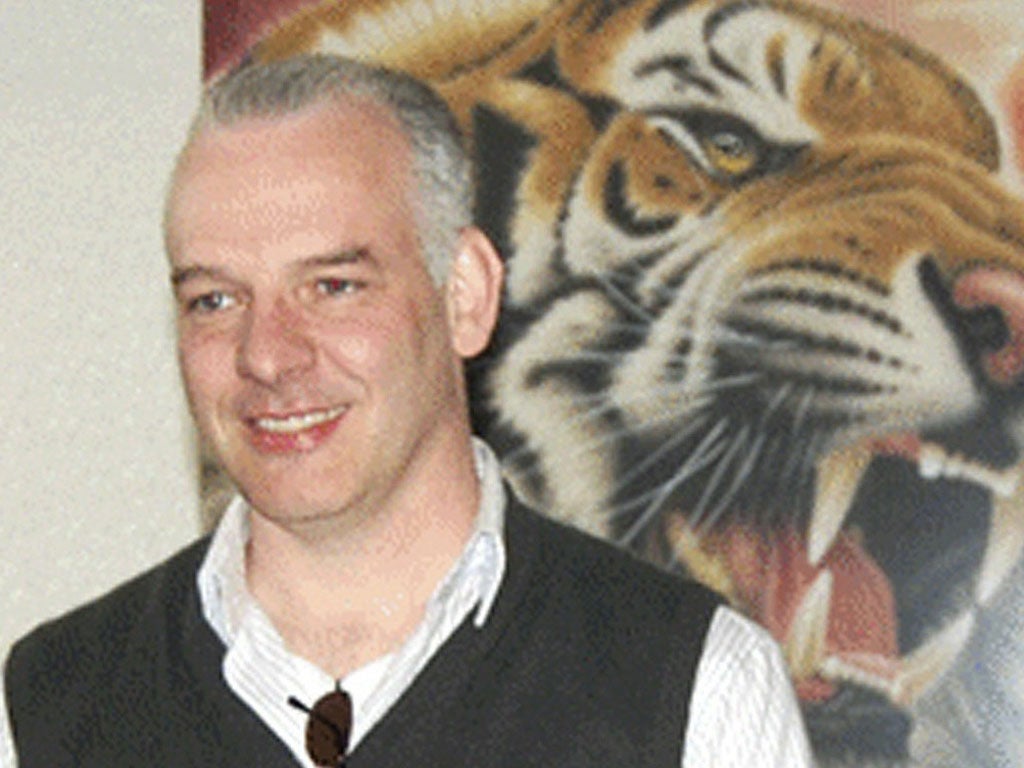Tom Reed: 'My friend Neil was in perfect health just before he died'

Neil was dead? I couldn't believe what I was hearing. Yes – a heart attack, said the voice on the other end of the phone. But he'd seemed in perfect health when I saw him days previously for a long, chatty dinner in Beijing. Do be careful, I was urged.
My pulse started racing, even though I personally had nothing to fear. Yes, we'd spent about six hours that night talking politics, a highly sensitive topic in China. But, while he was better-informed than most, Neil was no MI6 agent. We hadn't discussed state secrets; as far as I am aware, he didn't know any. And though he may have worked occasionally for Hakluyt, a publicity-shy corporate investigations company of former MI6 officers whose website bears a portcullis similar to that used by Parliament, Neil was far too discreet to share commercial confidences either.
He talked in generalities: "Chinese companies have three sets of accounts," he joked, "the set they show investors, the set they show the taxman, and the real profit and loss account."
Most of Neil's work seemed to involve representing British firms in mainland China, where he was a passionate advocate for UK plc.
But still I worried: Neil had been close to very powerful and dangerous people. One in particular was Bo Xilai, the Communist Party secretary of Chongqing province in the west of China. If he had fallen foul of the authorities, might his wife and children in Beijing not also be in danger? Hurriedly, I sent him a text. Are you OK, Neil? That was on 16 November last year. I never heard back. While the precise timing of his death remains a mystery, he had been dead for two days by this point.
Neil travelled to Beijing in the mid-1990s to study Chinese. From there, he moved to the port city of Dalian. His arrival must have seemed like an astonishing stroke of luck for Bo, the city's ambitious mayor: his son got a guide to the obscure rituals of public school life and, in turn, Neil got almost unheard-of access to one of China's top families. Bo Xilai was promoted to commerce minister in 2004 and party secretary of Chongqing, a fast-growing metropolis on the Yangtze river, in 2007.
But Neil fell out with Bo some time in 2010. Someone within Bo's "inner circle" had been briefing against him, he told me. At one point, he had considered leaving. Those fears appeared to have evaporated by the time I saw him. He seemed perfectly happy. He loved living in China. Everything was going well, and he hadn't had any contact with the Bo family for a year.
Rumours began to circulate that Bo himself was corrupt. He sacked his deputy, security chief Wang Lijun, who sought asylum in the US consulate. There, he appears to have spun US officials a tale that implicated his high-flying boss in the Englishman's mysterious death. It appears Neil fell foul of Bo's wife, Gu Kailai. Such a crime could topple a politician of Bo's stature. And the Chongqing party chief was not about to risk his promotion over this. He sent armed men after Wang: they ringed the consulate.
The relatively junior US personnel inside must have been terrified. They were under siege by Bo's paramilitary police, and had a defector in possession of who-knows-what secrets about one of China's future leaders. The US embassy in Beijing called the foreign ministry: what the hell was going on? Why were armed police ringing their consulate? The timing could not have been more sensitive for Bo's patron, Xi Jinping, who was about to make his first visit to Washington as China's future president.
Beijing swiftly dispatched the deputy head of its internal security department to Chengdu, who raised a People's Liberation Army battalion. This, in turn, surrounded Bo's men. Wang was duly taken back to Beijing where he remains in detention.
One source close to senior government claims Bo then visited a military base set up by his father for Mao, where he posed for pictures with soldiers – sending the message to Beijing that he had the support of the military. Evidently this desperate gambit failed.
Tom Reed is a journalist in China
Join our commenting forum
Join thought-provoking conversations, follow other Independent readers and see their replies
Comments
Bookmark popover
Removed from bookmarks